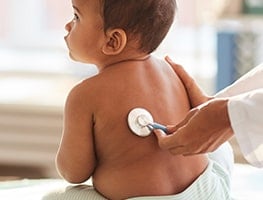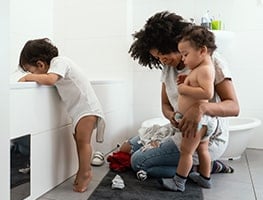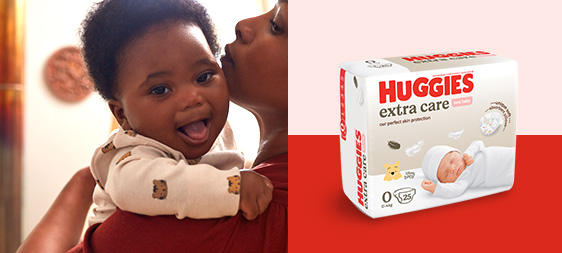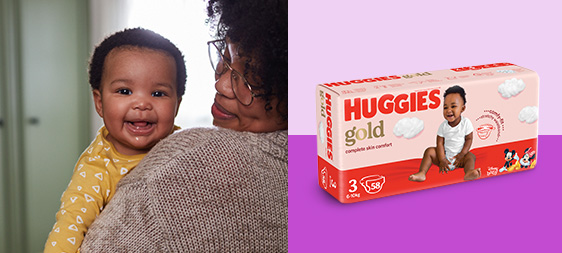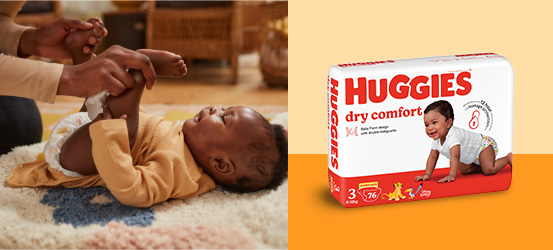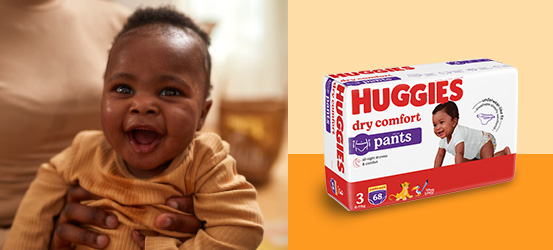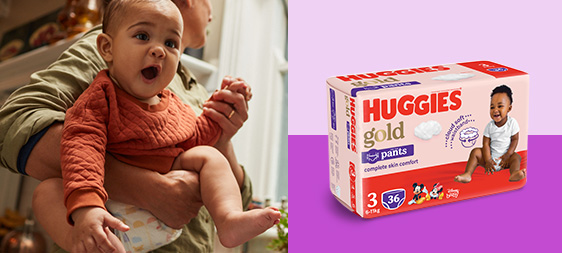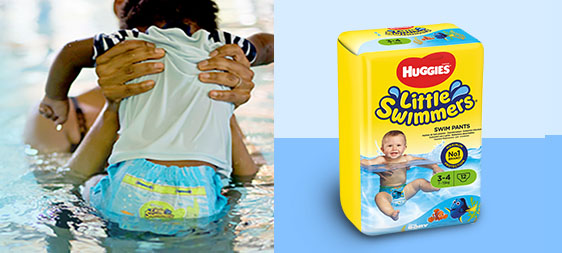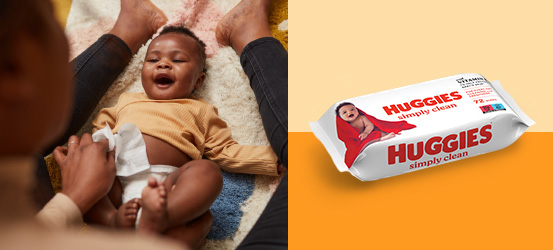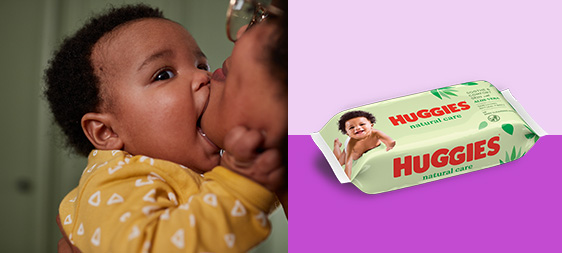The term silent reflux is really a misnomer as a baby that suffers from it is usually anything but silent – they usually cry and scream in pain. Take a moment and cast your mind back to your pregnancy and recall the pain and discomfort you suffered with heartburn. It certainly is not a pleasant experience even as an adult who can communicate the problem and seek help.
Having a baby that suffers from reflux (visible or silent) can be very stressful for parents and siblings. The feelings of helplessness and the inability to settle your crying baby can cause many issues for a new parent, especially a new mother who is at home with the child 24/7. Feeding your baby takes on a whole new meaning and many women feel that they are failing at this part of their role as a mother, often leading to feelings of depression. Nothing could be further from the truth, you may be struggling, but definitely not failing. There are a few of organisations that offer support specifically for those families who are affected by a baby who suffers from reflux.
A baby who suffers from reflux may also create an enormous amount of extra washing. Not only from their own clothes, bedding, and wraps, but also your clothing and your furniture. This extra workload is very time-consuming and can contribute to your feeling of always being tied to domestic chores. Many women feel that they can’t go anywhere or allow friends and family to help care for their baby for fear of their baby vomiting over other people’s furniture and clothes.
Remember there is light at the end of the tunnel. Many babies improve dramatically at around 6-8 months of age. This coincides with the time that most babies are able to sit unassisted and may begin to become mobile. It is important to note that while most babies do improve, there is a proportion of babies who continue to suffer from reflux beyond this age. Some babies may actually worsen when they are crawling or learning to crawl.
Handy Tips:
Try smaller, more frequent feeds.
Frequent burping during and after feeding can keep air from building up in your baby’s stomach.
Avoid clothing that is tight around the waist.
Avoid bouncing or “rough” play after a feed.
Using a dummy may help some babies with reflux.
Always feed with a cloth nearby if the child is a “vomiting” refluxer.
Use bibs with a plastic backing.
Place a mat or cloth on the floor on either side of the cot to catch large spills.
Make the bed twice with linen and a mattress protector. Then you need only remove the layer in the middle of the night and you have a ready made bed to go.
Always keep your baby propped up.






